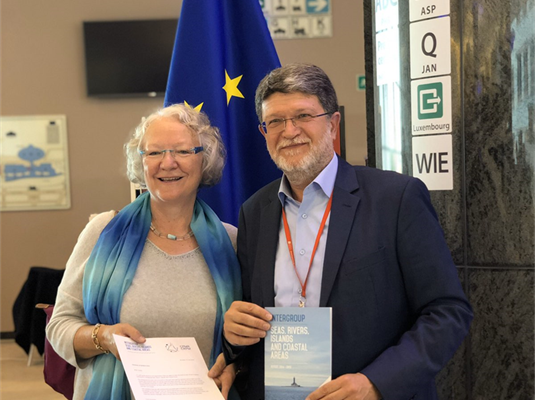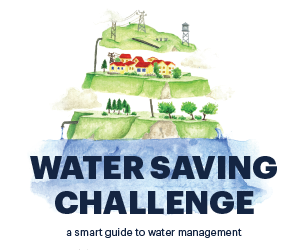The Intergroup for Seas, Rivers, Islands and Coastal Areas has more MEPs than ever, as many as 114 from 24 EU Member States and six political groups.
"There is still no comprehensive European maritime strategy for the issues addressed by the Intergroup, which is why our task is to coordinate stakeholders in the system and to propose to the European Commission solutions that will become part of the directives and policies that will be implemented in all Member States," Picula said today during his opening speech, when constituting the Intergroup. If it were a parliamentary group, the Intergroup would be third in number, which shows that it is an excellent platform for stimulating discussions with other EU institutions and all interested key stakeholders, as well as a place for coordination of MEPs on important topics relating to the sea and islands, he noted.
The topics to be addressed by the Intergroup during this mandate:
- Oceans at the heart of EU climate policy: reducing emissions from maritime transport as a lever to mitigate global warming
- Sustainable tourism as one of the key pillars of achieving the EU's climate goals
- Oceans, seas, rivers and lakes as an important part of the EU's biodiversity strategy
- Ocean and Sea Explorations in the Horizon Program
- Maritime transport as a pillar of European transport policy
- Economy and innovation: The maritime economy has great growth potential, and the EC is committed to ensuring access to capital for maritime businesses. In addition, the EC will soon propose a new industrial strategy for maritime industries such as shipbuilding and offshore wind farms
- Special care for the islands and border regions of the Union, due to the geopolitical situation as well as the specific challenges of life and development
- Cooperation of coastal regions
- Raising awareness of EU citizens about the importance of our oceans, seas and other waters, as well as coastal regions
Following the co-founding of this Intergroup in Parliament in 2015, Picula also initiated the creation of an Island Secretariat at the European Commission in 2018, the first working body in EU history dedicated exclusively to islands. First, the amendments provided the Secretariat with two million euros to support the island's energy transition, and recently adopted its Action Plan with an additional two million euros for professional and technical assistance in transition, which entered the new EU budget for 2020. The European Commission has included in the European Green Plan the energy transition of islands, reaffirming their importance in meeting the EU2050, an environmentally neutral EU.
Ten Croatian islands: Cres, Ilovik, Lošinj, Male and Velike Srakane, Susak, Unije, Brač, Hvar and Korčula are in the process of transition to clean energy. The Cres-Lošinj archipelago has announced its plans to switch exclusively to renewable energy by 2040, and the news is that for the first time last year, the Clean Energy Forum for the EU Islands was held in Croatia, bringing together more than 190 European islanders.


